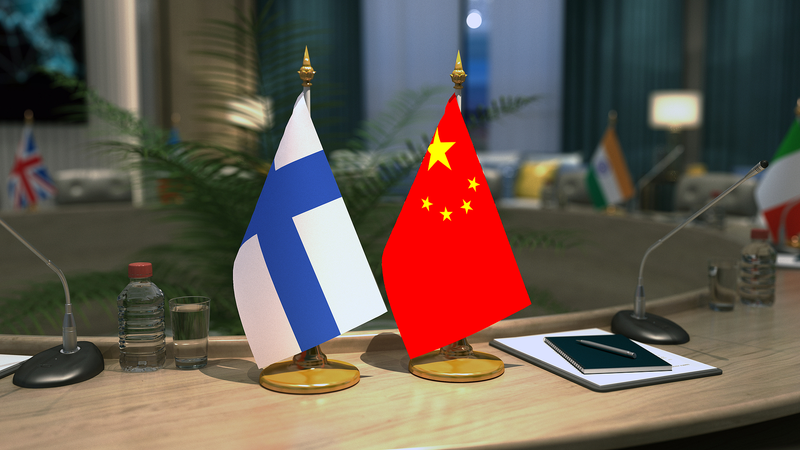Artificial Intelligence (AI) is swiftly becoming a game-changer in the world of scientific research. According to a recent survey by global publisher Wiley, researchers worldwide are gearing up to integrate AI tools like ChatGPT and DeepSeek into their workflows within the next two years.
The survey, which gathered insights from 4,946 researchers across more than 70 countries, revealed that over half of the respondents believe AI will outperform humans in more than 20 key tasks. These tasks include reviewing vast amounts of literature, summarizing research findings, detecting writing errors, checking for plagiarism, and organizing citations.
Excitingly, more than half of the researchers anticipate AI becoming mainstream in 34 out of 43 research-related tasks within the next couple of years. This shift is particularly prominent among young professionals and early-career researchers, with 27% of the surveyed group just starting their scientific journeys.
Already, 45% of the respondents are leveraging AI in their research endeavors, primarily for translation, proofreading, and manuscript editing. A whopping 81% of these AI users have turned to OpenAI's ChatGPT for both personal and professional use. However, awareness of other generative AI tools like Google’s Gemini and Microsoft’s Copilot remains limited, with only one-third of users familiar with these alternatives.
The survey also highlighted significant disparities in AI adoption across different disciplines and regions. Computer scientists, in particular, are leading the charge in integrating AI into their work, setting the pace for other fields to follow.
Adding to the excitement, a report published in Nature on January 23rd introduced the Chinese-built large language model DeepSeek-R1. This model is making waves as an affordable and open competitor to established models like OpenAI's GPT-4. Initial tests have shown that DeepSeek-R1 performs on par with advanced models in areas such as chemistry, mathematics, and coding, promising new possibilities for scientific research.
As AI continues to evolve, its role in scientific discovery is set to expand, offering researchers innovative tools to push the boundaries of knowledge and innovation.
Reference(s):
cgtn.com




